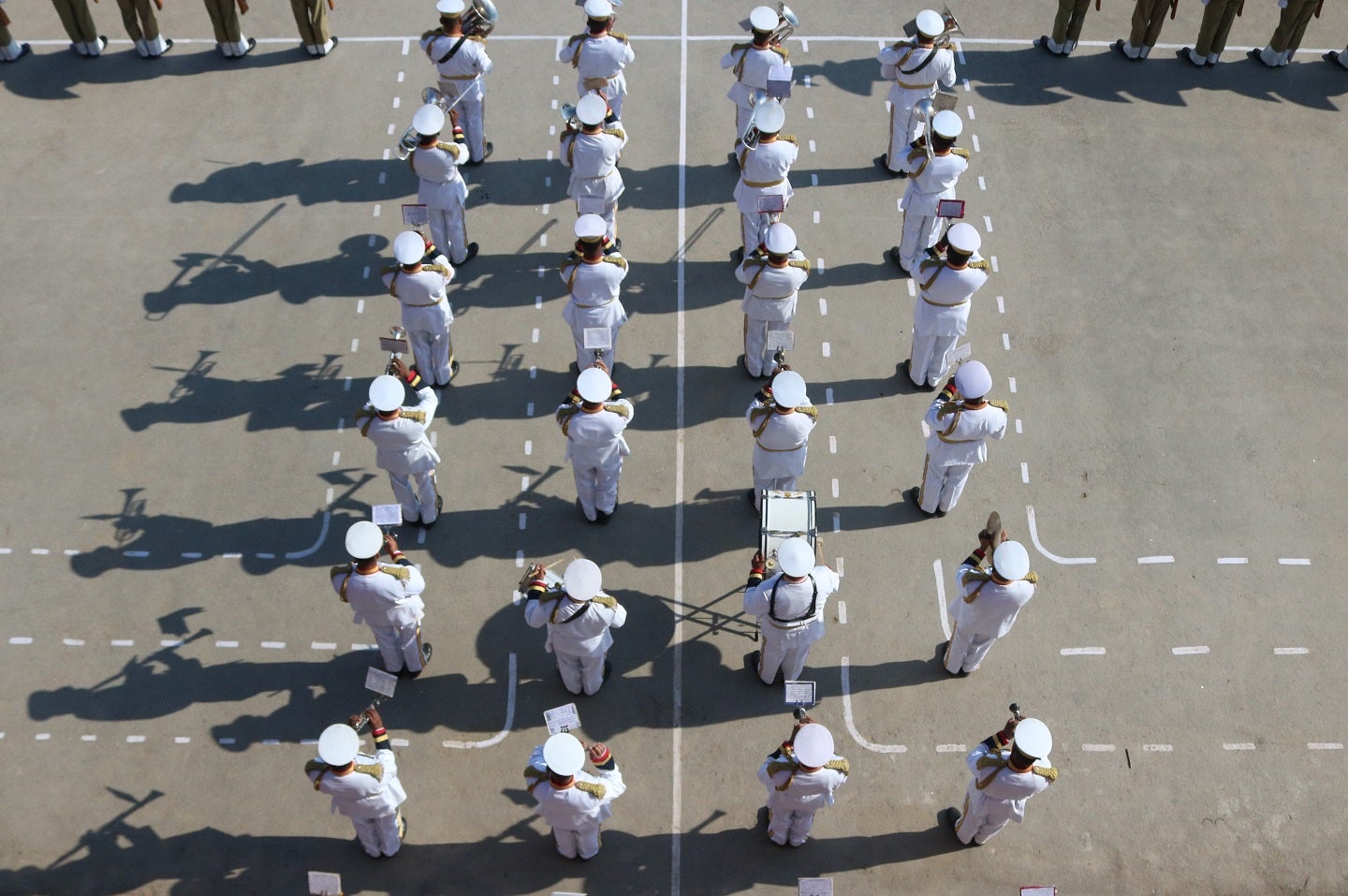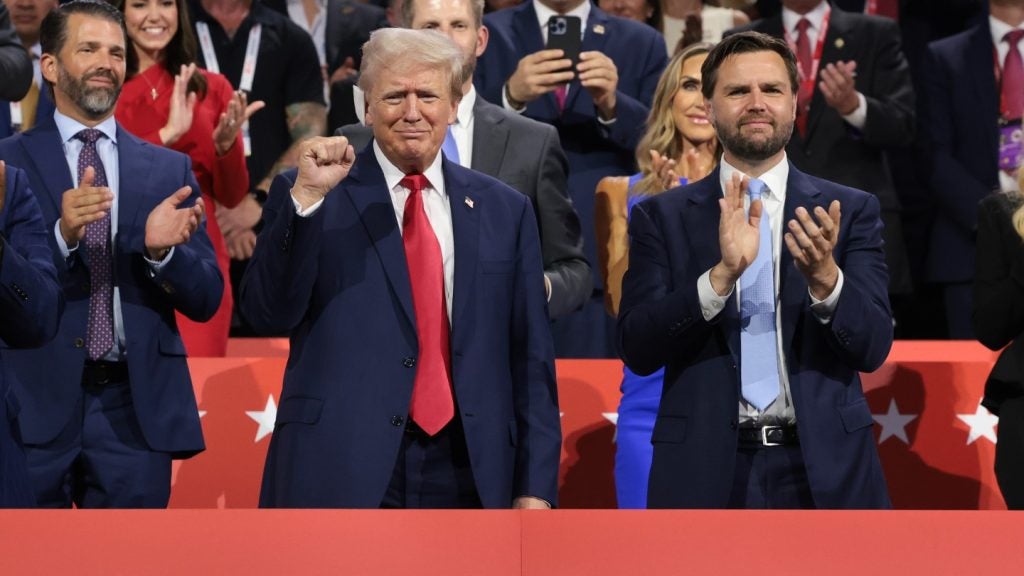
The Center for New American Security (CNAS) hosted an event on 30 March to release and discuss a new report: India-China Border Tensions and US Strategy in the Indo-Pacific. The report on the dispute was composed by CNAS Indo-Pacific security director Lisa Curtis and RAND Corporation senior defence analyst Derek Grossman.
A primary assertion made by the panel was that the US ought to reconsider its current approach to the Sino-Indian border dispute. “To date, only the Biden Administration’s National Defense Strategy mentions the issue briefly, without any real elaboration on US policy,” the report states.
In his preparatory remarks, co-author of the report Derek Grossman advised: “We as the United States should consider elevating Indian territorial disputes with China on par with Beijing’s assertiveness against other US allies and partners in the Indo-Pacific and ensure that this is reflected in all national security-related documents and speeches.”
The panel experts reviewing the report included the Arthur and Ruth Sloan Professor of Political Science, director of security studies programme Taylor Fravel; research fellow, director of the Hunson Institute’s Dr Aparna Pande; and senior director of the Global China Hub at the Atlantic Council, David Shullman.
Containing China from all sides
There is a consensus that US foreign policy strategy should contain the People’s Republic of China (PRC) by increasing pressure on the territory-hungry country in the maritime domain in the Indian Ocean.
The rationale behind this is that by centralising the containment of the PRC in the Indo-Pacific, where China is most ambitious, will deprive them of its expansive policy by stretching its efforts too thinly.
Grossman affirmed this by saying: “Helping India improve its maritime and naval capabilities will enable India to remain a dominant maritime power in the Indian Ocean region at a time when China is making inroads into the Indian Ocean.
“This is important because it reduces China’s bandwidth to continue to push along the LAC [line of actual control] as a new front is opened up in the Indian Ocean,” Grossman added.
Similarly, the report holds that “Indian officials believe China is trying to contain India by forcing it to divert more resources into defending simultaneously both its western border with Pakistan and eastern flank with China and by weakening its willingness and ability to challenge Chinese ambitions to dominate the region”.
By spreading the PRC’s bandwidth into the Indian Ocean, thereby stretching its capabilities, the country’s encroachment will result in an impact that is far less intensive on the Sino-Indian border.
Addressing how the PRC operates in the dispute
Fravel made the point that the PRC intends “to stabilise the line of actual control to its favour in areas where it sees itself as facing increasing challenges from India”.
While the US contends with the PRC at a larger geopolitical level on the world stage, there is still a need to address the more regional and incremental gains that the PRC are making. Bringing the border dispute into the wider Sino-US competition – which is centred in the Indo-Pacific – will curtail their incremental encroachment operations.
The CNAS panel held that neglecting this PRC strategy will be a fundamental mistake in US foreign policy strategy. The panel identifies the key consideration that the PRC operates beyond major geopolitical centres of gravity where the US are most concerned – like encroachment in the South China Sea. Rather, there is a process of incremental encroachment elsewhere too. What is important is how the US manipulates these wider theatres of war.
Independent Indian strategy
However, the panel also identified the problem that this strategy poses to the independent strategy of the Indian government.
Dr Pande argued that it may be worthwhile for the authors of the report to “delve deeper” into how the US will manage crises between China and India.
“I suspect that American options will be limited in this regard by America’s recognition of China as a peer rival and India as a strategic partner. India on the other hand has never accepted a third-party role, either intervention or mediation in bilateral disputes,” Pande added.
Shullman expanded on this point: “It comes down to the difficulty of threading the needle between, on the one hand, being clear of the US elevating the border dispute to the same level of other territorial issues in East Asia… and on the other hand not drawing this dispute into the downhill spiral in US-China relations or appearing to violate India’s desire to remain independent of Washington.”








